Swimming pool lights have become increasingly popular as more homeowners seek to enhance the ambiance and safety of their pools. With advancements in lighting technology and design, pool lights have evolved to offer various features and options to suit different preferences and pool types.
What is a Pool Light?
A swimming pool light is a specialized lighting fixture designed specifically for installation in swimming pools to provide illumination. These lights are engineered to withstand the unique challenges posed by underwater environments, such as water pressure, chemical exposure, and temperature fluctuations.
Swimming pool lights typically consist of a waterproof housing that encloses the light source and electrical components. The housing is sealed to prevent water ingress and ensure safety for swimmers. The most common types of light sources used in swimming pool lights are LED (Light Emitting Diode) bulbs, halogen bulbs, and fiber optic cables.8
How Do Pool Lights Work?
Pool lights work by using specialized lighting fixtures that are designed to be submerged underwater while providing illumination. Here's how they typically work:
Waterproof Enclosure: Pool lights are housed in waterproof enclosures made of materials such as plastic, stainless steel, or other corrosion-resistant metals. These enclosures are designed to prevent water from entering and damaging the electrical components of the light fixture.
Light Source: The heart of a pool light is its light source, which is typically an LED (Light Emitting Diode) bulb or a halogen bulb. LED bulbs are the most common choice due to their energy efficiency, long lifespan, and brightness. Halogen bulbs, although less efficient, are still used in some pool lights for their warm and bright illumination.
Electrical Components: Pool lights are connected to a power source outside the pool through an electrical cable. The electrical components of the light fixture, including the bulb, wiring, and connections, are housed within the waterproof enclosure to ensure safety and durability.
Installation: Pool lights are installed in the walls or floor of the pool using specialized mounting hardware. The fixture is securely sealed to the pool structure to prevent water leakage. The electrical cable is routed through conduit pipes or buried underground to connect the light fixture to a power source, such as a junction box or transformer located outside the pool.
Operation: Pool lights are typically controlled by a switch or a remote control device located outside the pool area. They can be turned on and off manually or programmed to operate automatically at specific times using a timer or a lighting controller. Some pool lights also offer color-changing options and adjustable brightness levels, allowing users to customize the lighting to suit their preferences.
Safety: Pool lights are designed and installed following strict safety standards to ensure the protection of swimmers and electrical safety. They are equipped with features such as ground fault circuit interrupters (GFCIs) to prevent electric shocks and are installed by qualified professionals to minimize the risk of accidents.

What Are the Benefits of putting Lights in the Pool?
Safety: One of the primary reasons for installing lights in swimming pools is to enhance safety, especially during nighttime swimming. Proper illumination ensures that swimmers can see the pool's boundaries, steps, and obstacles clearly, reducing the risk of accidents, slips, and falls.
Visibility: Lights improve visibility underwater, allowing swimmers to see each other, swim lanes, and pool features more clearly. This is particularly important in large pools or pools with deep sections where natural light may be limited or insufficient.
Extended Use: Pool lights enable swimming and poolside activities to continue after sunset, extending the usability of the pool into the evening hours. This allows for more flexibility in scheduling and increases the enjoyment and relaxation of pool owners and guests.
Aesthetics: Lights add beauty and ambiance to the pool area, creating an inviting and visually appealing environment. They can enhance the overall atmosphere of the pool area and complement the surrounding landscape and architecture, especially when combined with landscaping features or water features like fountains or waterfalls.
Entertainment: Pool lights can contribute to the entertainment value of the pool area, creating a festive or relaxing atmosphere for poolside gatherings, parties, and events. Color-changing lights, in particular, can add excitement and interest to the pool environment, allowing for creative lighting effects and mood lighting.

Security: Illuminated pools are less likely targets for intruders or trespassers, as they are more visible and less conducive to unauthorized access. Lights can deter potential threats and enhance the security of the property, especially when combined with other security measures such as fences, alarms, and surveillance cameras.
What Are the Disadvantages of Putting Lights in the Pool?
While there are numerous advantages to installing lights in swimming pools, there are also some potential disadvantages to consider:
Installation Cost: The initial cost of purchasing and installing pool lights can be significant, especially for high-quality, energy-efficient fixtures or complex lighting systems. This expense may deter some pool owners, particularly those on a tight budget.
Maintenance Requirements: Pool lights require regular maintenance to ensure optimal performance and longevity. This may include cleaning the fixtures, replacing bulbs, checking electrical connections, and addressing any issues with water infiltration or corrosion. Neglecting maintenance tasks can lead to premature failure of the lights and additional repair costs.
Electrical Safety Risks: Improper installation or maintenance of pool lights can pose electrical safety hazards, such as electric shock or fire. It's essential to hire qualified professionals to install and service pool lights to minimize the risk of accidents and ensure compliance with safety regulations.
Water Leakage: Pool lights are installed underwater, which increases the risk of water leakage into the light fixtures or electrical connections. Water infiltration can damage the lights, compromise their performance, and pose safety risks. Proper sealing and waterproofing measures are essential to prevent water ingress and ensure the safety and longevity of pool lights.
Energy Consumption: Pool lights, especially traditional halogen lights, can consume a significant amount of energy, contributing to higher utility bills. While LED lights are more energy-efficient and cost-effective in the long run, they may still increase energy consumption, particularly if used frequently or left on for extended periods.

Limited Functionality: Some pool lights may have limited functionality or customization options, especially lower-cost models. This may restrict the ability to create dynamic lighting effects or adjust the brightness, color, or timing of the lights according to personal preferences.
Potential Disturbance to Wildlife: Bright pool lights can attract insects and other wildlife, which may disrupt the pool environment or pose a nuisance to nearby residents. Additionally, excessive light pollution from pool lights can adversely affect nocturnal wildlife and disrupt natural ecosystems in the surrounding area.
Conclusion:
Swimming pool lights have become integral features of modern pool design, offering both aesthetic and functional benefits. With a variety of options available, homeowners can choose pool lights that best suit their preferences and enhance their pool experience. However, it's essential to ensure proper installation and maintenance to maximize safety and longevity.
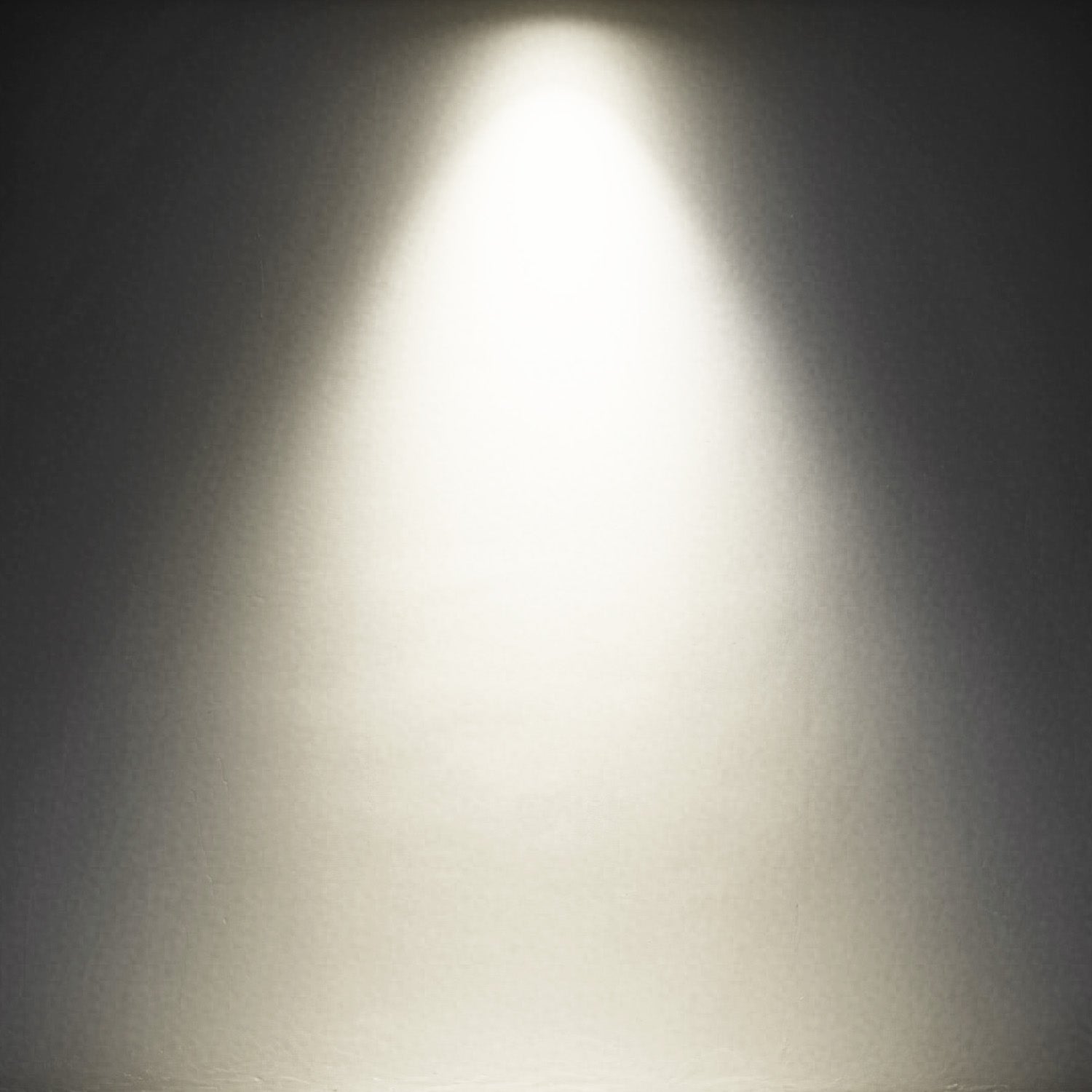
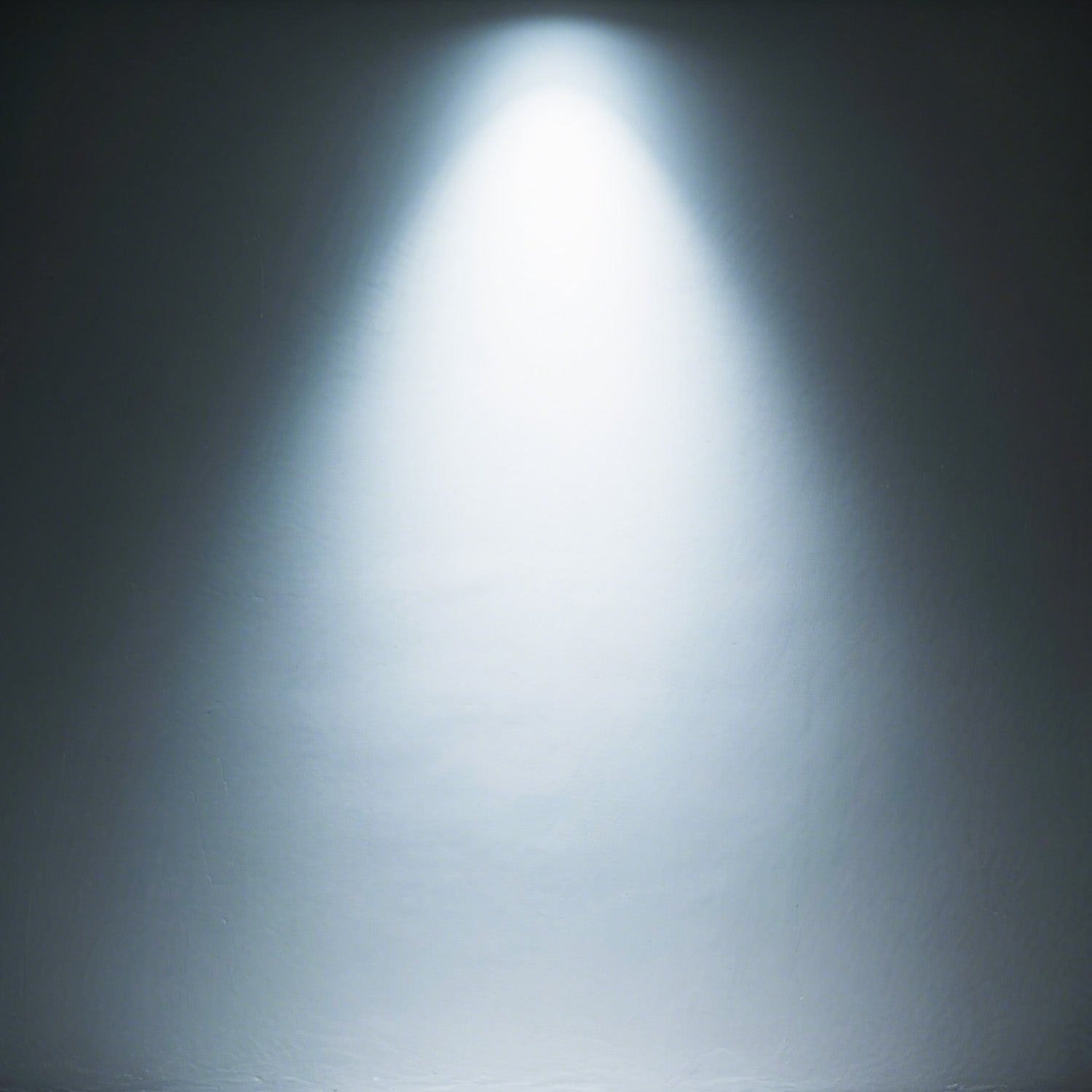
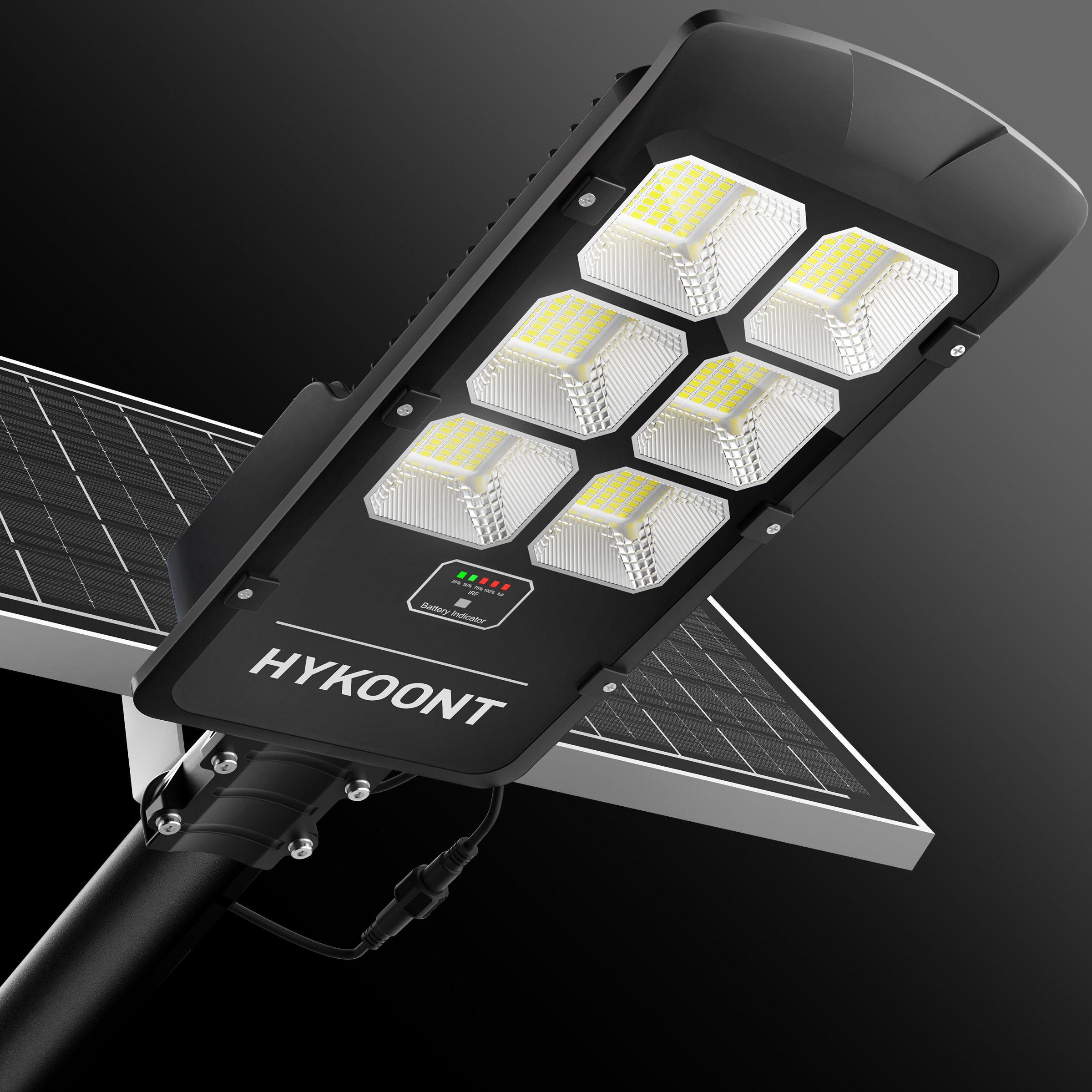
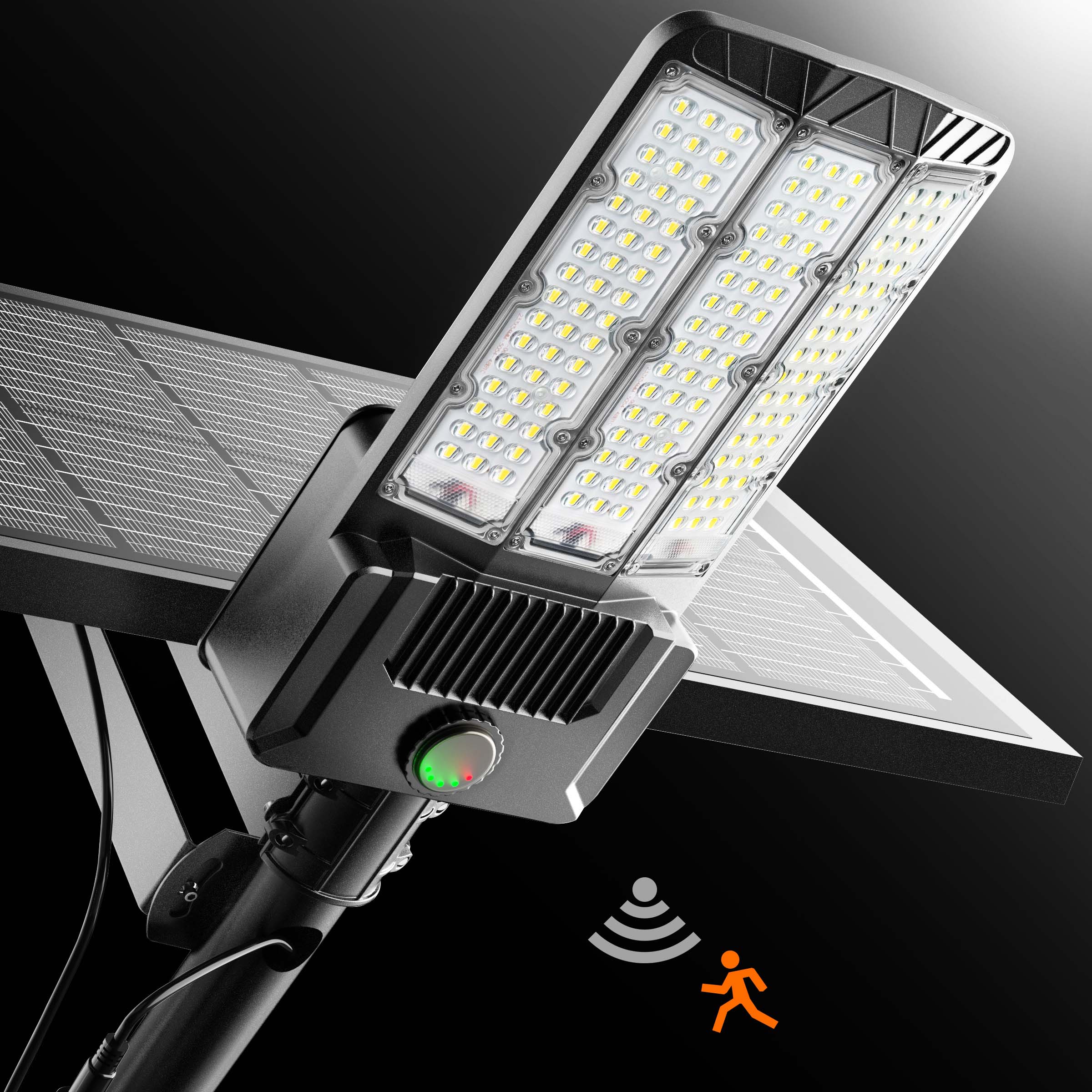
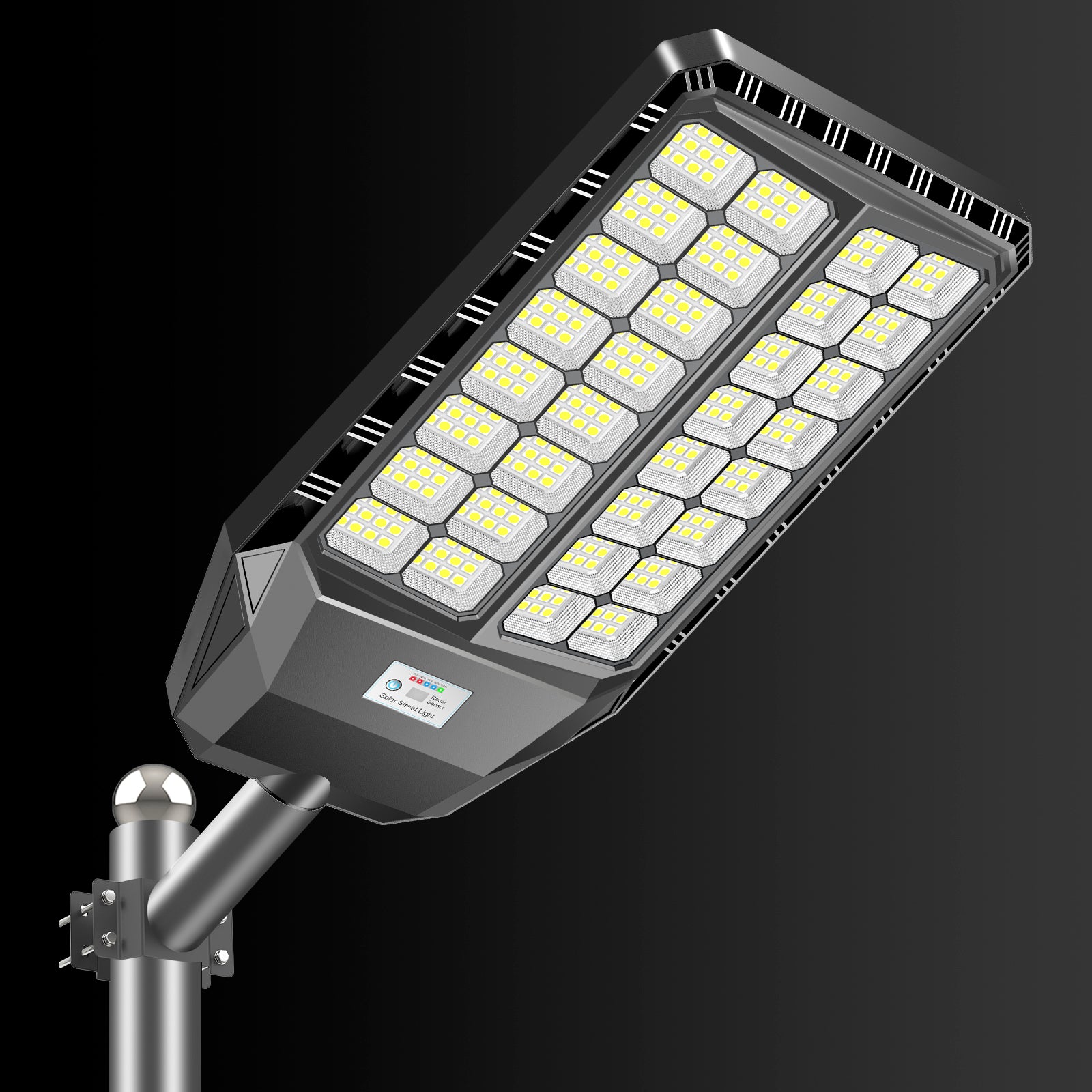
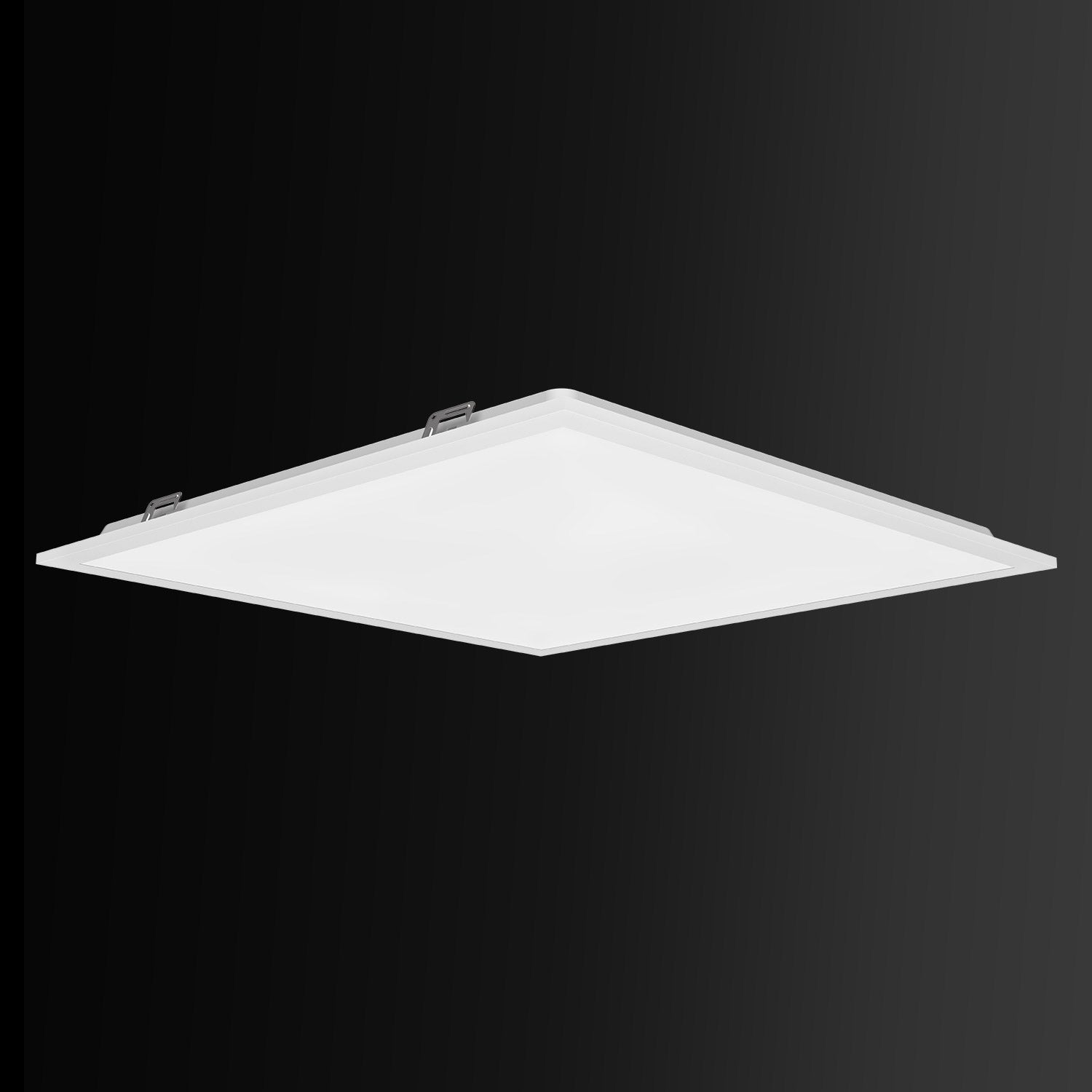
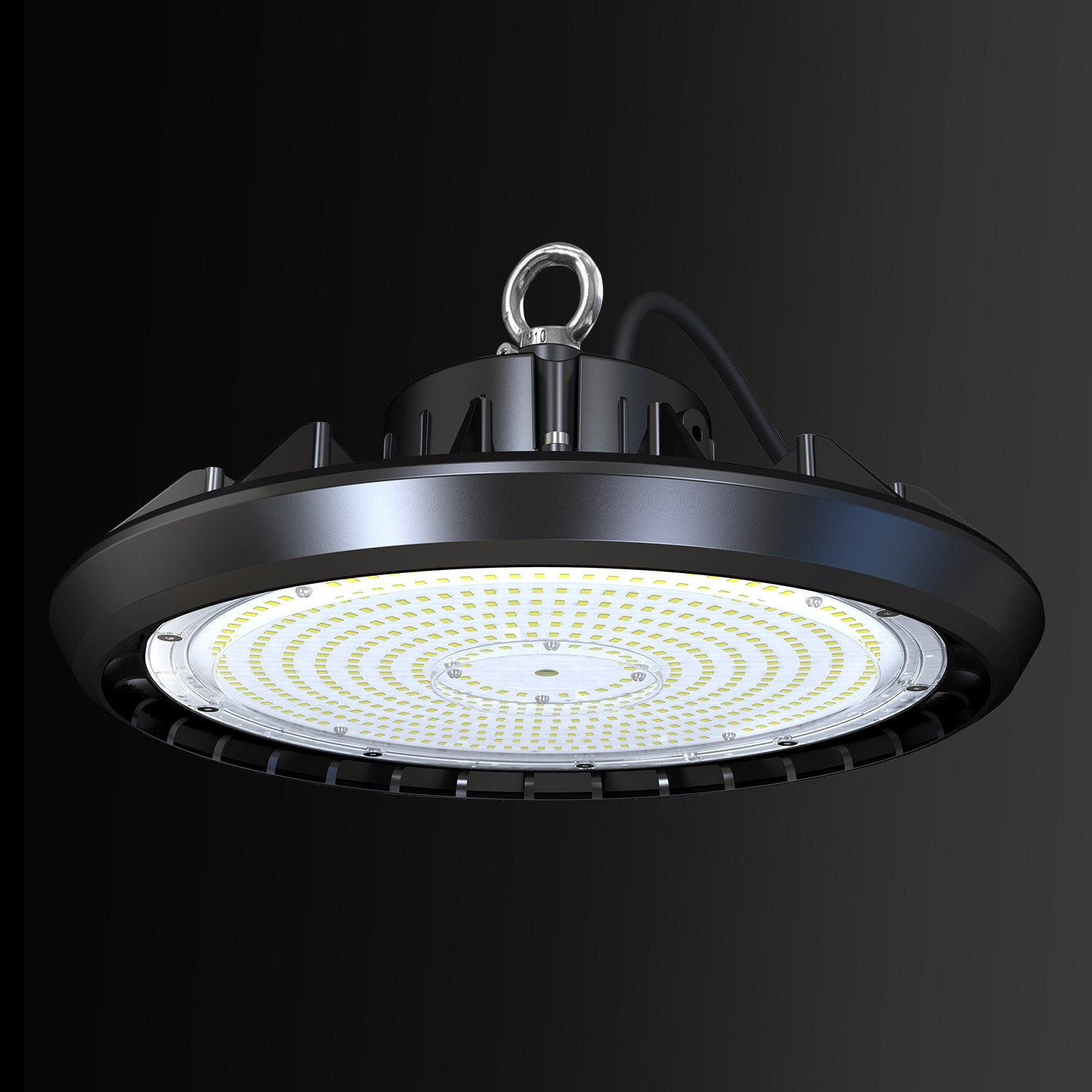
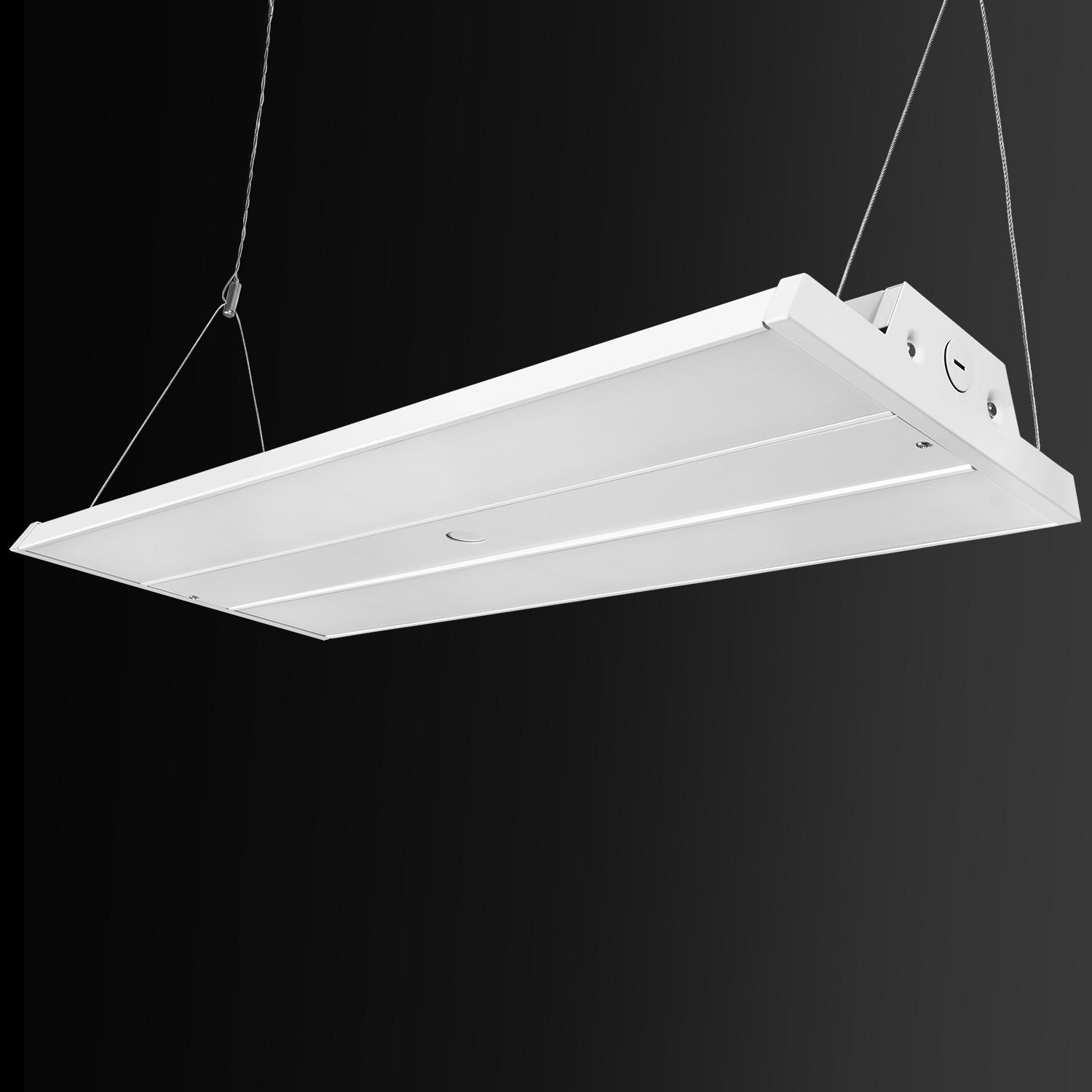
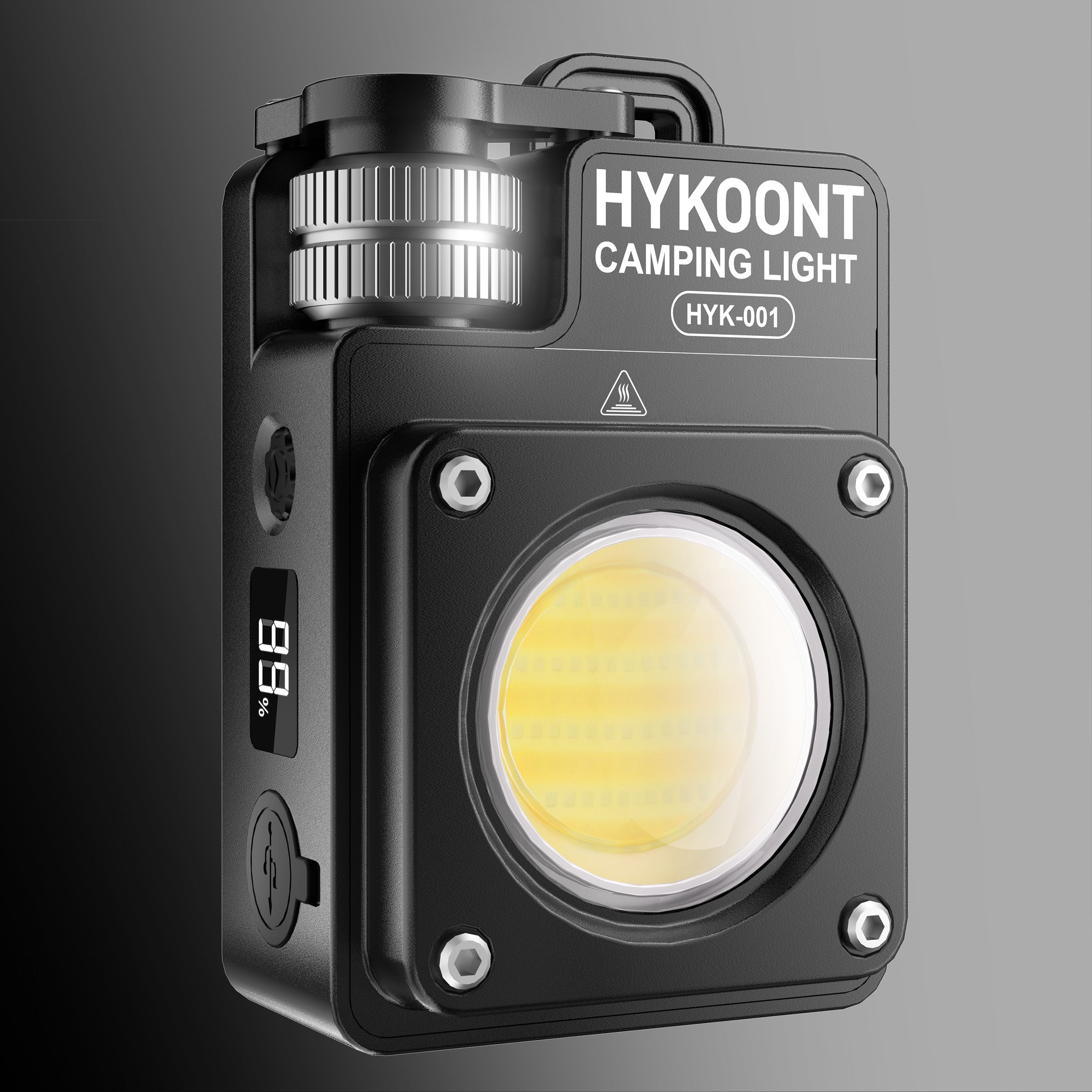
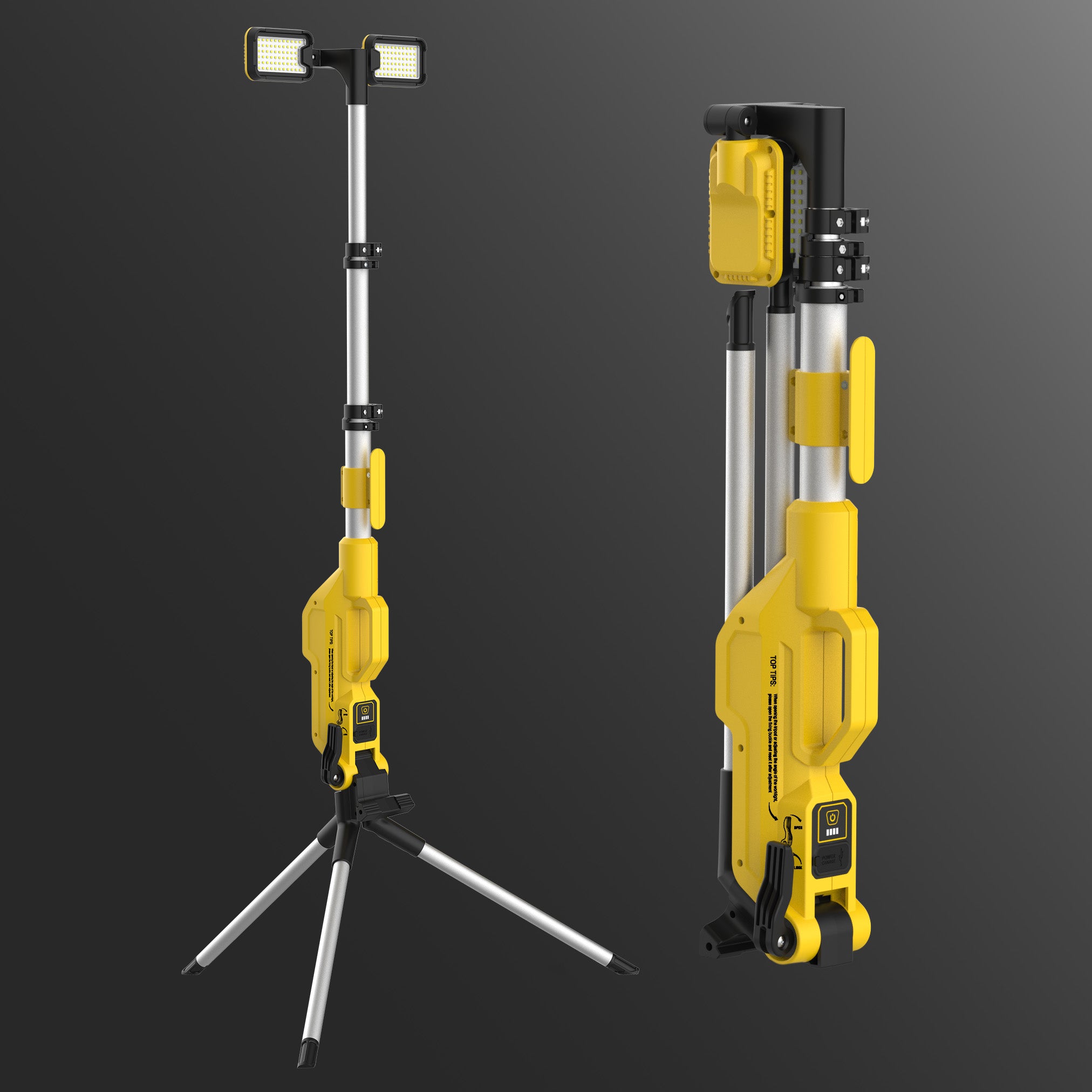
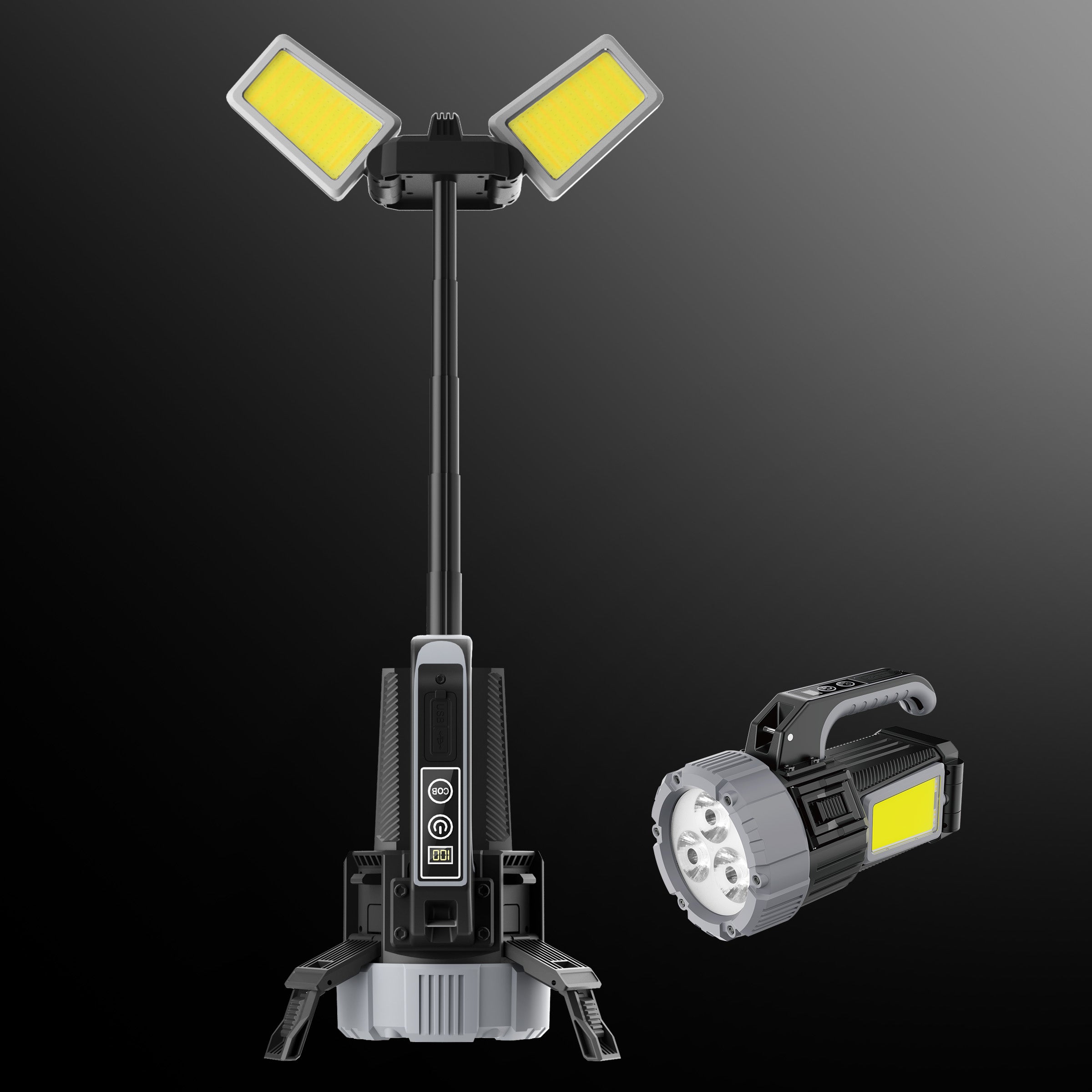



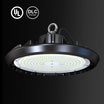
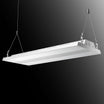


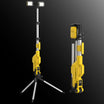
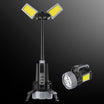
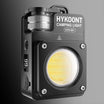
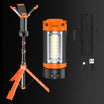
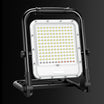
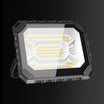



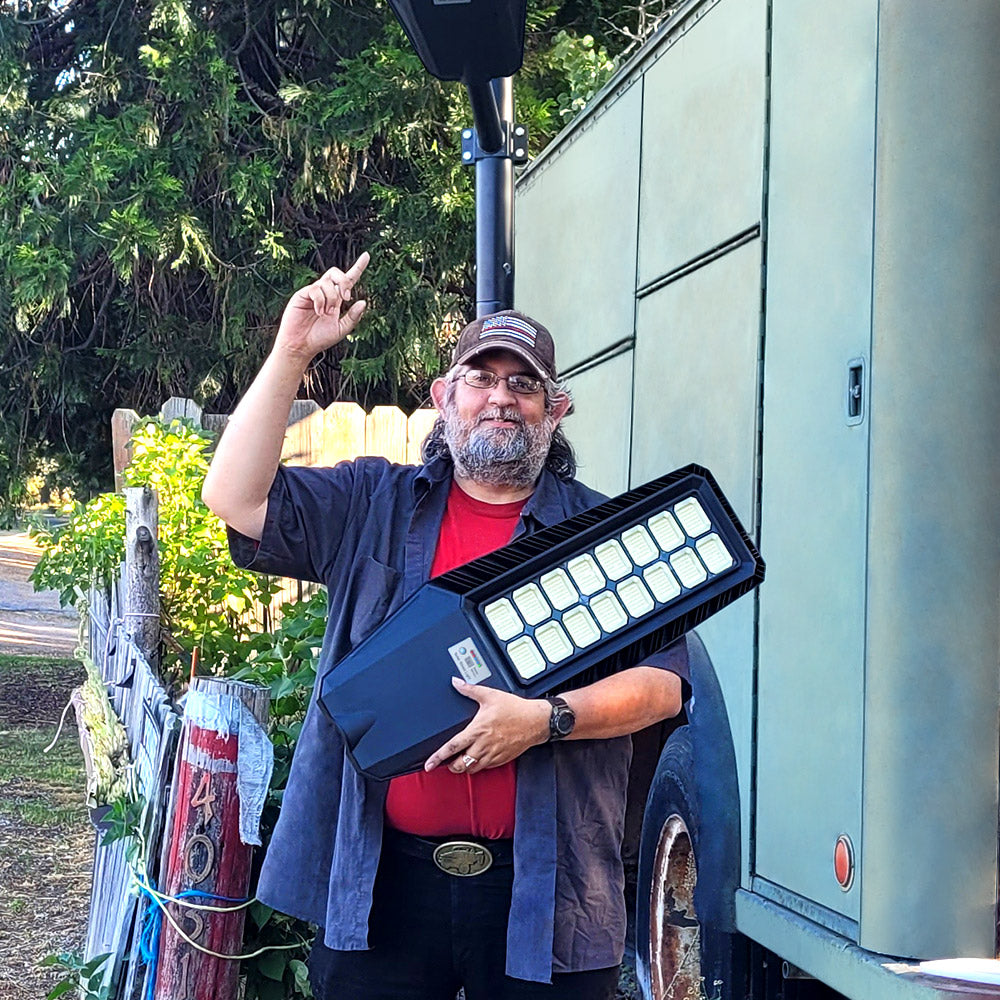


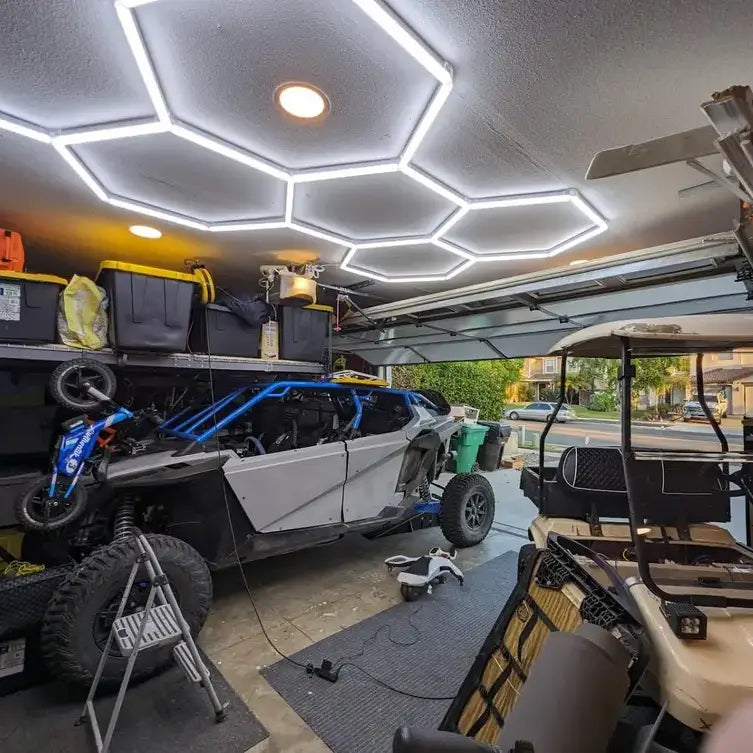
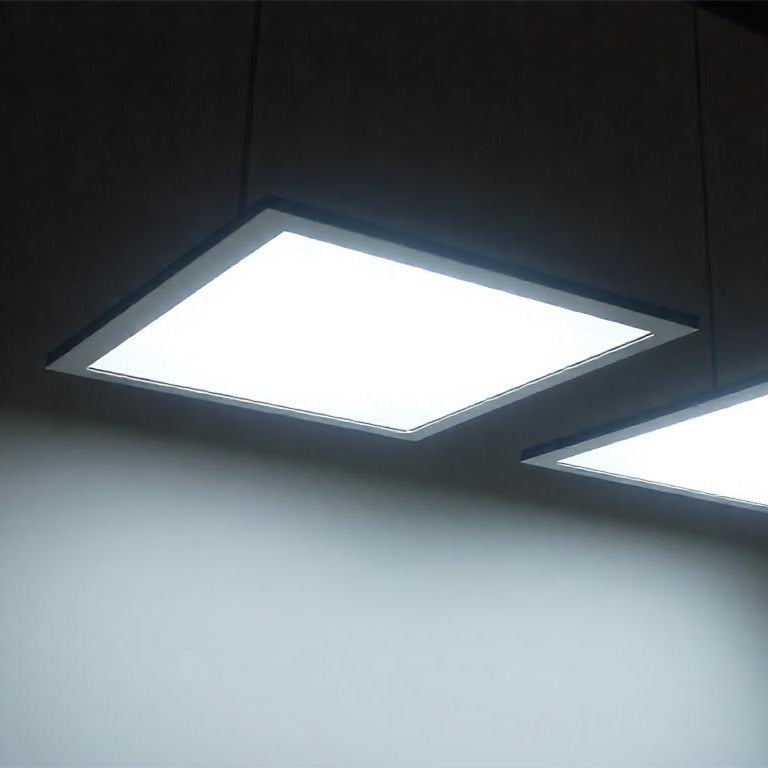
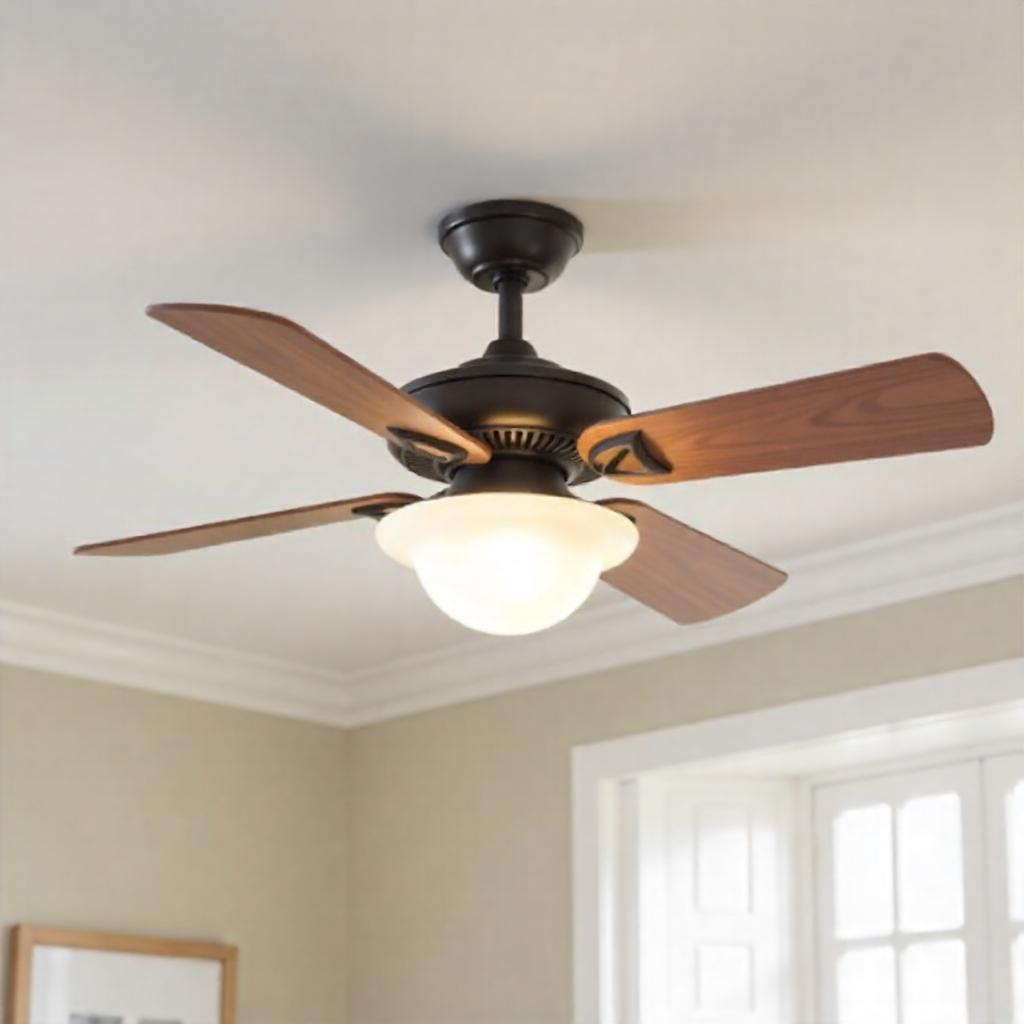
Leave a comment
This site is protected by hCaptcha and the hCaptcha Privacy Policy and Terms of Service apply.